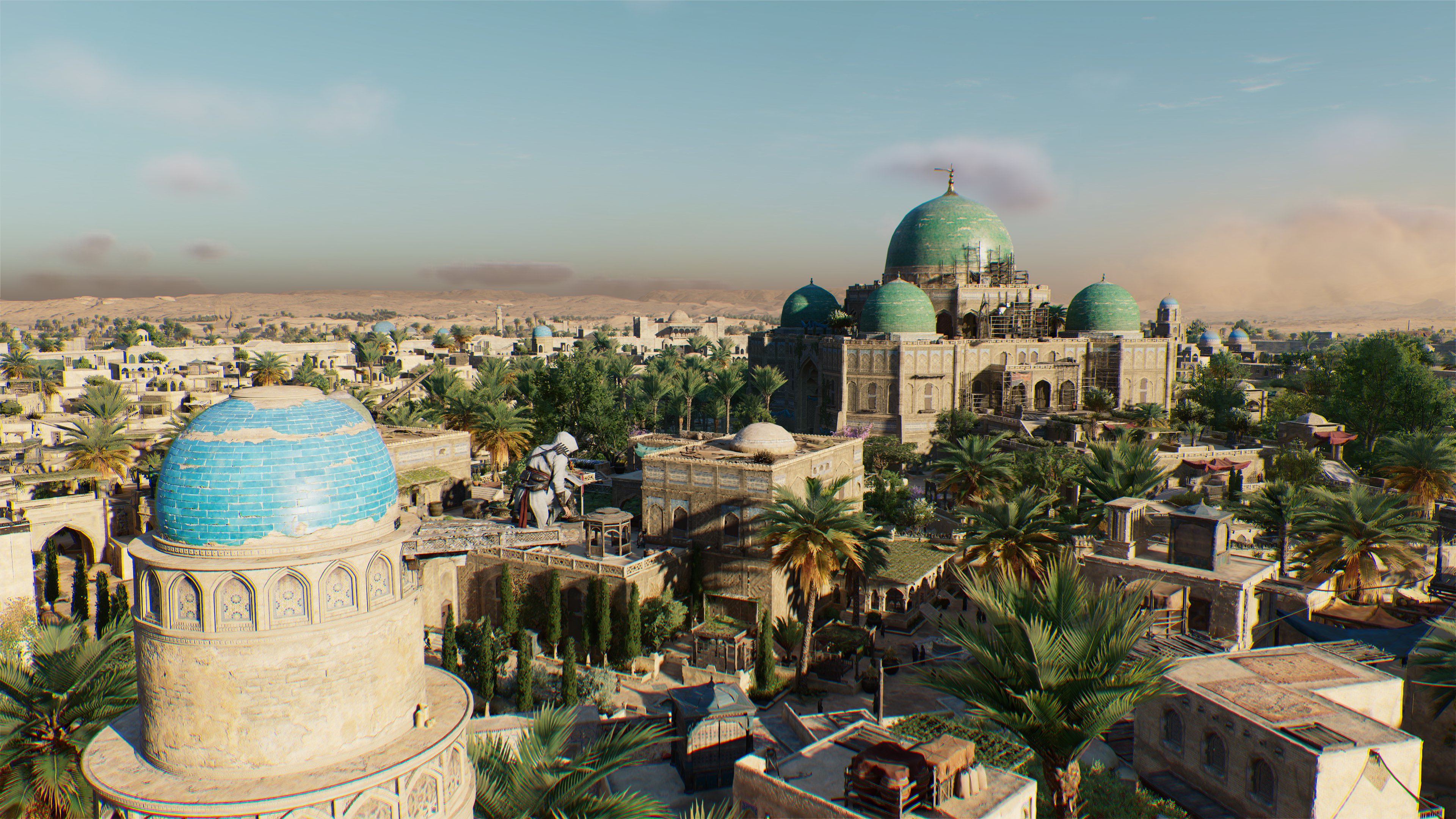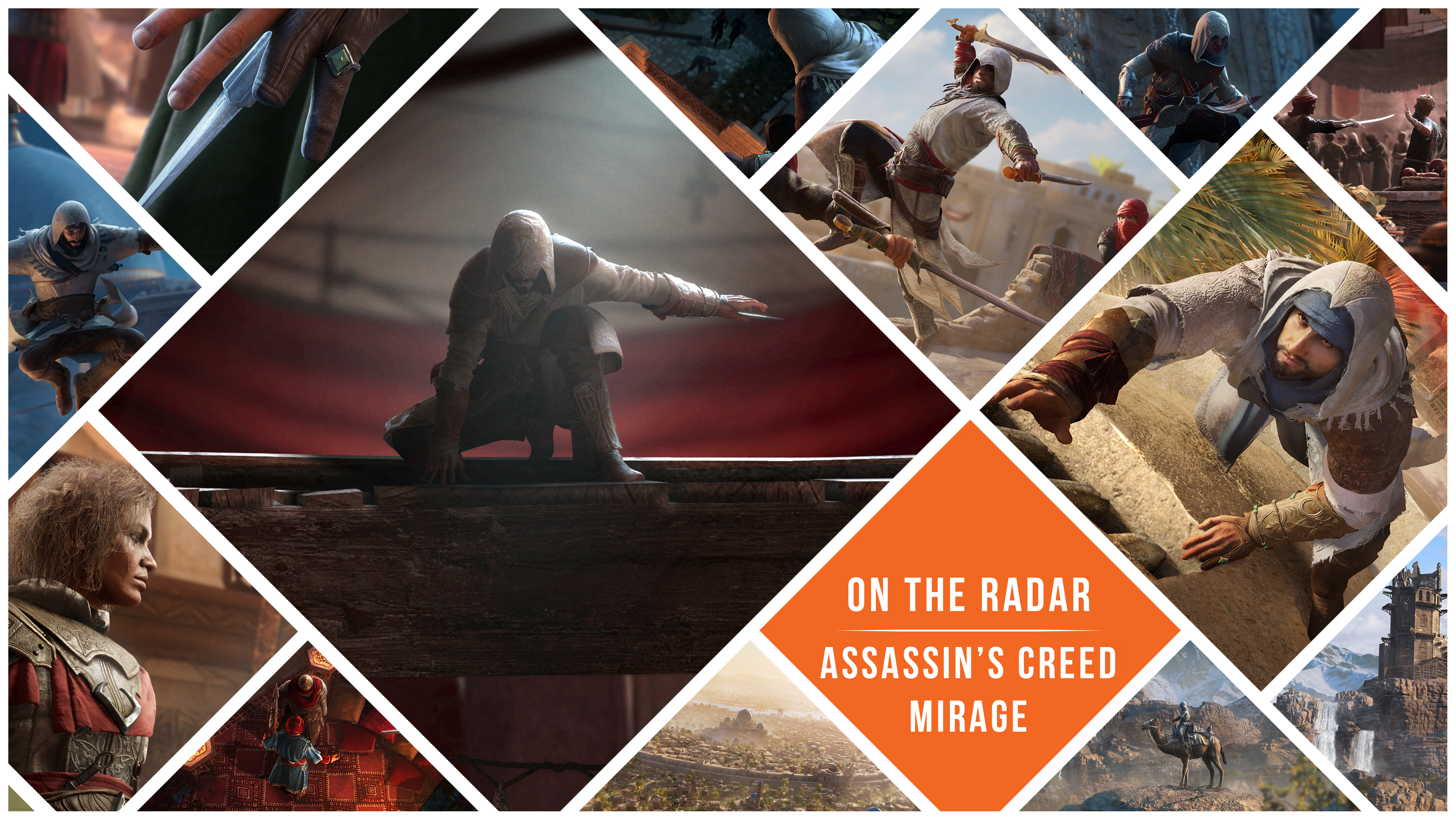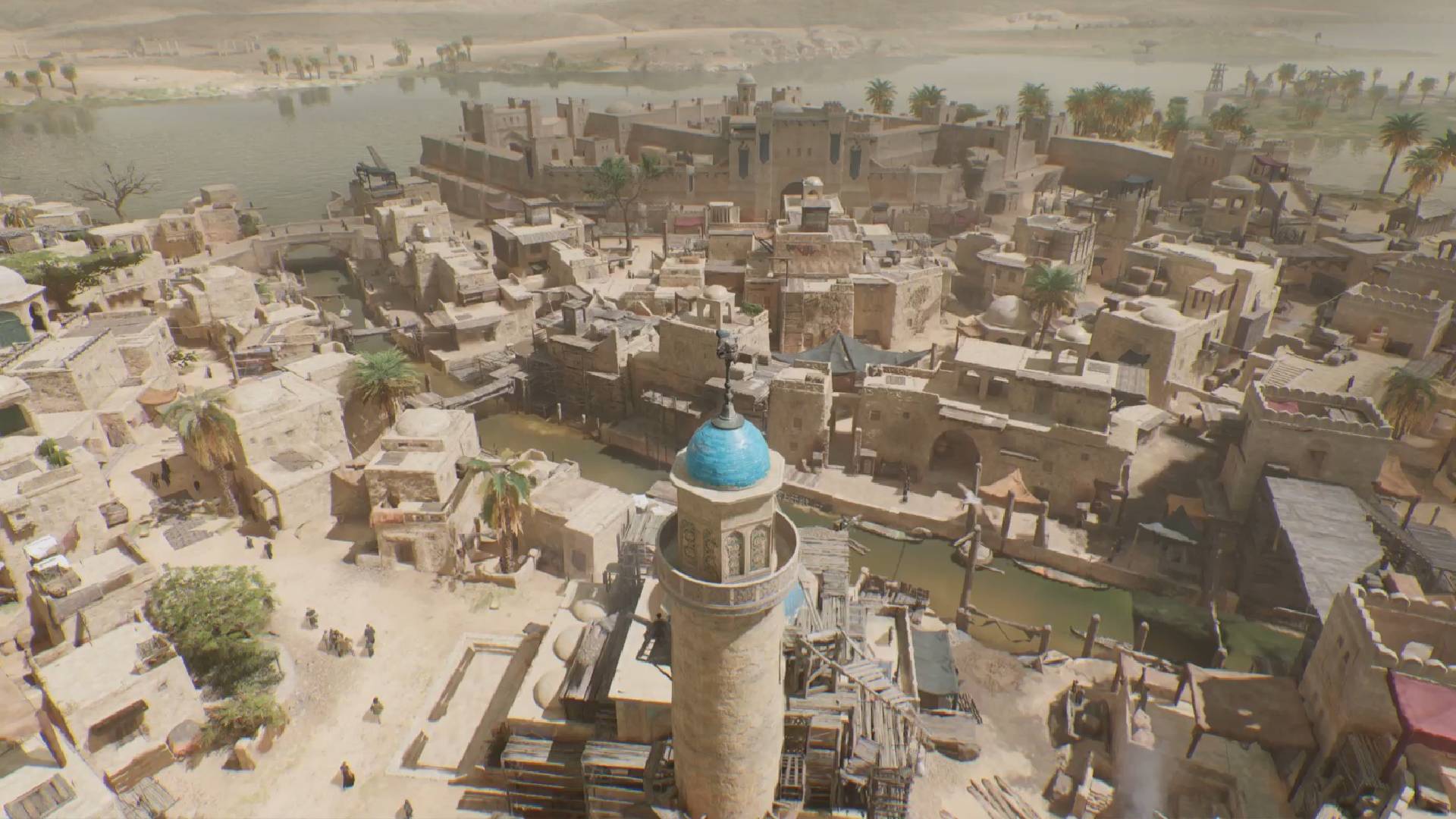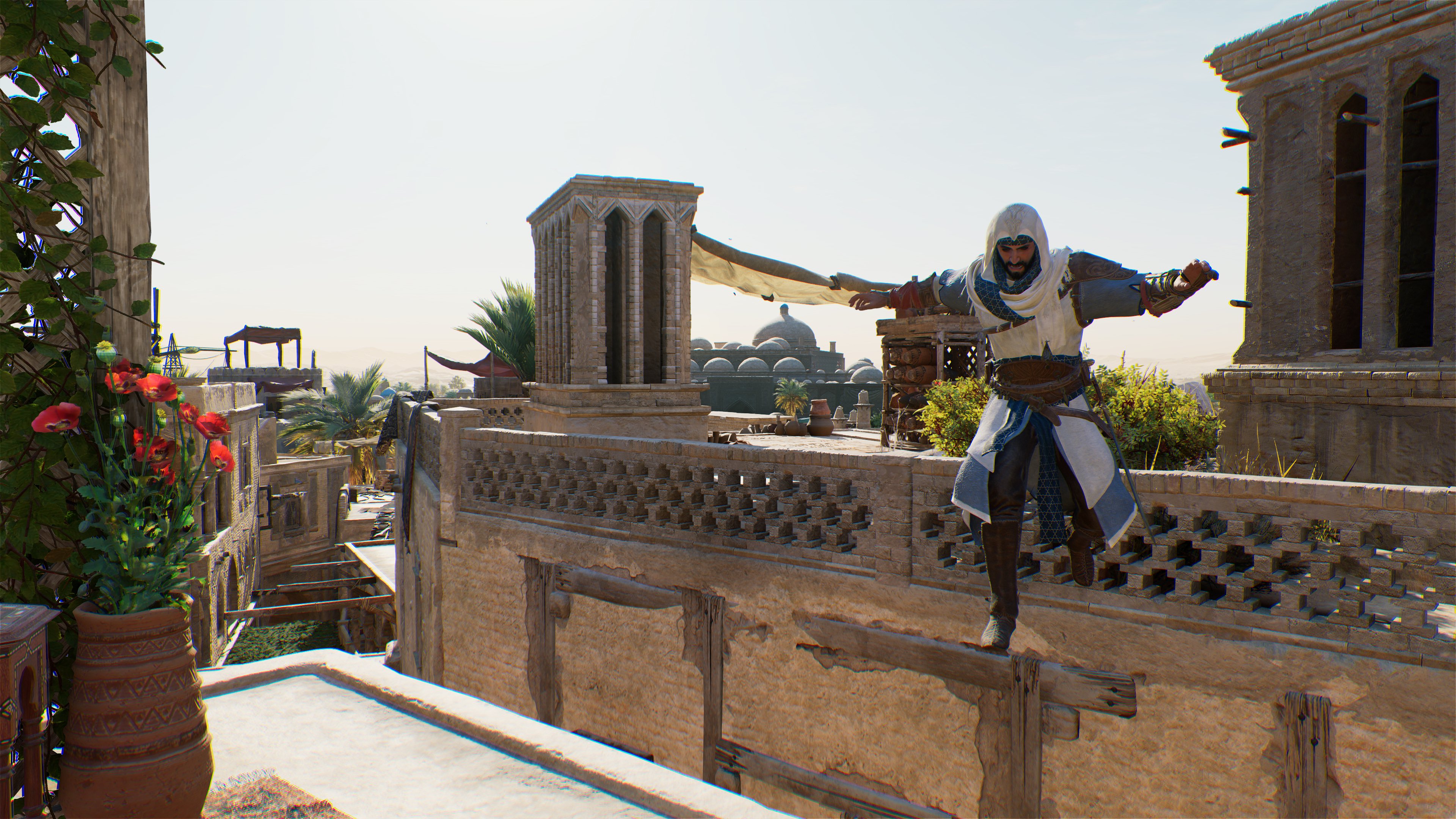
Growing up, I was always told about my Iraqi heritage by my dad. Migrating to the UK when he was only 17, he then met my mum, and the rest is history. Connecting with this heritage has always been quite difficult for me, with the only means of celebrating it coming from learned cuisine passed down from my dad's mother. Like many people's first impressions when they hear the word Iraq, I was always warned that it was a dangerous and war-torn place best avoided. Whilst friends boasted about their European roots and visiting on their summer holidays, visiting Baghdad – my dad's birthplace – was never an option for me. I heard stories about the horrors of the now-dead dictator, Saddam Hussein, and the regime he enforced on the people of Baghdad, especially those of Kurdish backgrounds. I learned about the Fall of Baghdad, which took place in 2003, a battle that hurled the city into war with the British and US coalition forces. I was well-informed about my history, but it was filled with violence and sadness.
One of the beauties of Ubisoft's Assassin's Creed franchise is that it allows people to venture into history and learn within the confines of a virtual setting, and to this end, Assassin's Creed Mirage has given me a small insight into the true beauty of what Iraq is and was. Set in the Abbasid Caliphate, founded in the year 750 CE, the game thrust me into a bustling Baghdad filled with color, life, and character. According to research into the period by Al Jazeera, a leader named Al-Mansure decided to construct the Iraqi city as it lies between the Tigris and Euphrates rivers. Its prime location ensured the city had more than enough food and water.

For more Mirage features check out our recent Assassin's Creed Mirage On the Radar takeover
There's something special about picking up and starting up a game that holds a piece of you within it, no matter how cheesy that sounds. I'll be honest: I was relatively uninformed about Baghdad's history. Learning about how the city seemed to stand at the center of the modern world at that time left my mouth wide open. The game showcases Baghdad's beautiful intertwining circular streets, and it showed me beautiful palaces that the city homed, as well as the House of Wisdom. This titan library was home to globes leading knowledge and texts about the known world – apart from being a refreshing reintroduction to the stealthy gameplay that AC players know and love, taking the reins of Basim actually allowed me the chance to visit a city that I probably won't be able to see anytime soon.
Mirage vs reality

Through this lens, a huge addition for me in immersion terms is voice performances with an Arabic default option. English has been the only default voice option available in all of the Assassin's Creed games that came before Mirage (as far as I'm aware), and this is such a big deal for me. The majority of Arabic I've ever come across in video games has come from terrorists or some sort of threatening gun-wielding villain – to the point where, and I'm pretty sure I can speak for many Middle Eastern gamers when I say this, it's gotten borderline offensive and boring. Paired with the picturesque Baghdad setting in AC Mirage, Arabic receives a beautiful reintroduction to gamers as an ancient, iconic language.
Moreover, Arabic music has always given me goosebumps, especially the Iraqi ensembles my dad used to show me when I was younger. Walking the streets of Baghdad, running from guards or completing missions as Basim opens up players to beautiful musical performances that feel so authentic. Even simply writing about it gives me the same goosebumps – there's just something so haunting and inspiring about Arabic music, and seeing it used and celebrated by such a massive game franchise is incredible.
"Ultimately, it's hard to put into words the feeling you get when you feel recognised in something you admire and love so much."
Likewise, some players who jump into this game may not have been exposed to Middle Eastern culture before, therefore knowing that millions of players can see my culture's true art and beauty is heartwarming. Mirage is giving a truthful telling of a place plagued with misrepresentation, and this game could have the power to change people's opinions for the better, and that's pretty momentous!
Ultimately, it's hard to put into words the feeling you get when you feel recognised in something you admire and love so much. For so long, I was constantly reminded that West was best in the games that I played. Whilst I know Ubisoft has been stellar in its inclusion of different cultures over the decade I've been playing, I found that no game really hit the mark for me when it came to authentic Arabic culture – especially Iraqi history.
Sign up to the GamesRadar+ Newsletter
Weekly digests, tales from the communities you love, and more
So, to the developers at Ubisoft, I say thank you. Thank you for telling a beautiful story that underlines the beauty Iraq held and still holds to this day. Thank you for educating the world about my culture and giving it the grace it truly deserves. In a game so underpinned by stealth, it feels great to feel so seen.
Did you know: Assassin's Creed Mirage's narrative director fought to include the Alamut because it's so important for the lore
Joe is a freelance features writer based out of sunny Wales in the UK. Having graduated with a journalism degree in 2019, Joe has gone onto win awards for his work concerning the LGBT+ community across the globe. Now working as a charity communicator in his 9-5, Joe stepped into games writing this year focusing on MMORPGs, Fantasy RPGs and story-driven titles. In his spare time, Joe writes about the LGBT+ community and is an amateur cross-fitter.




